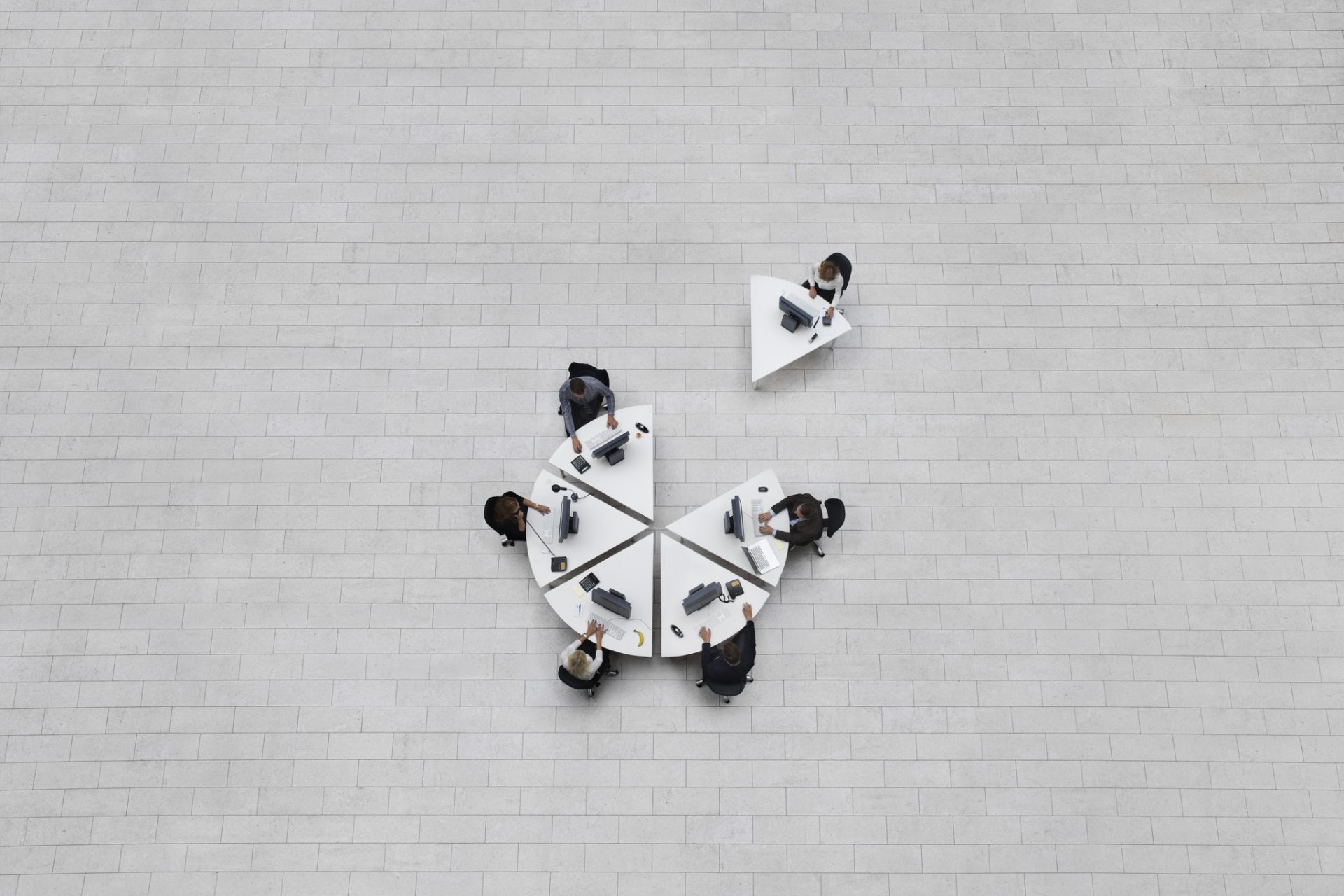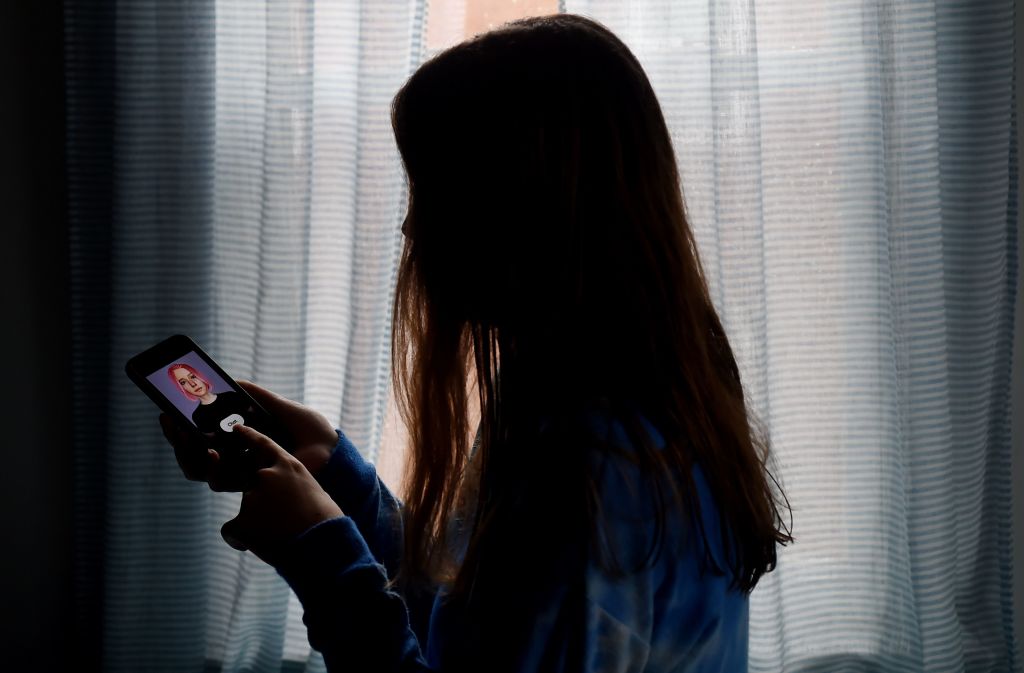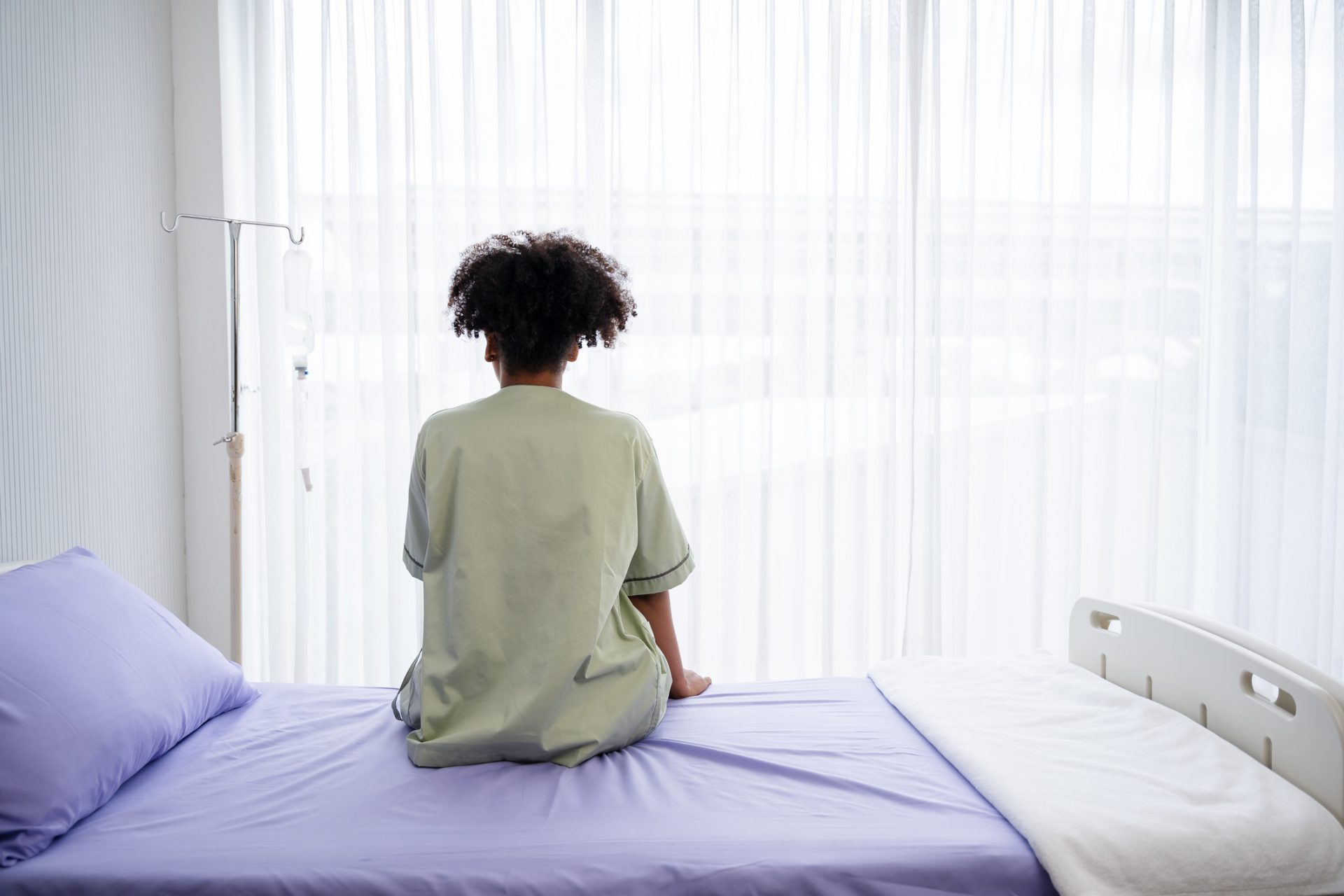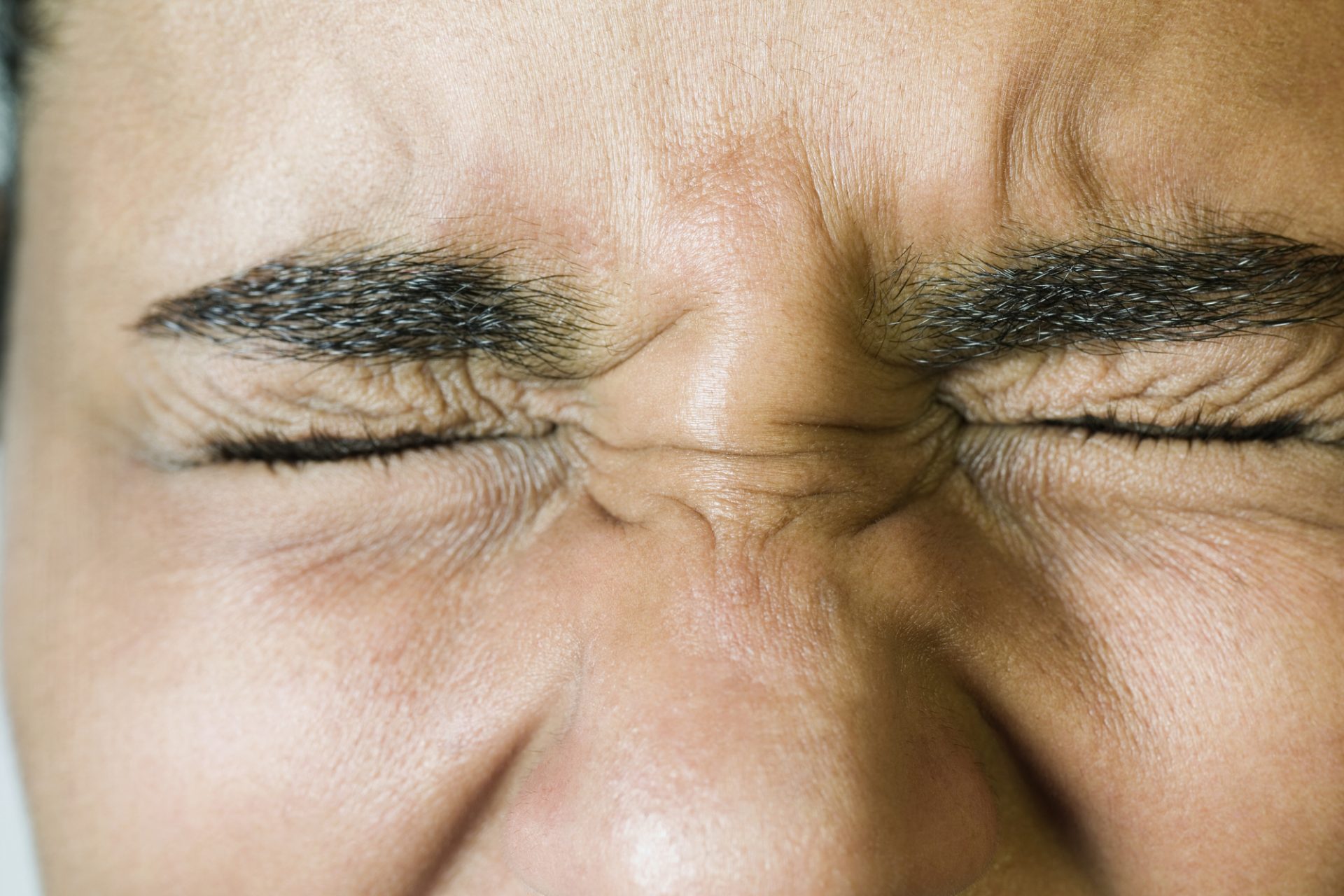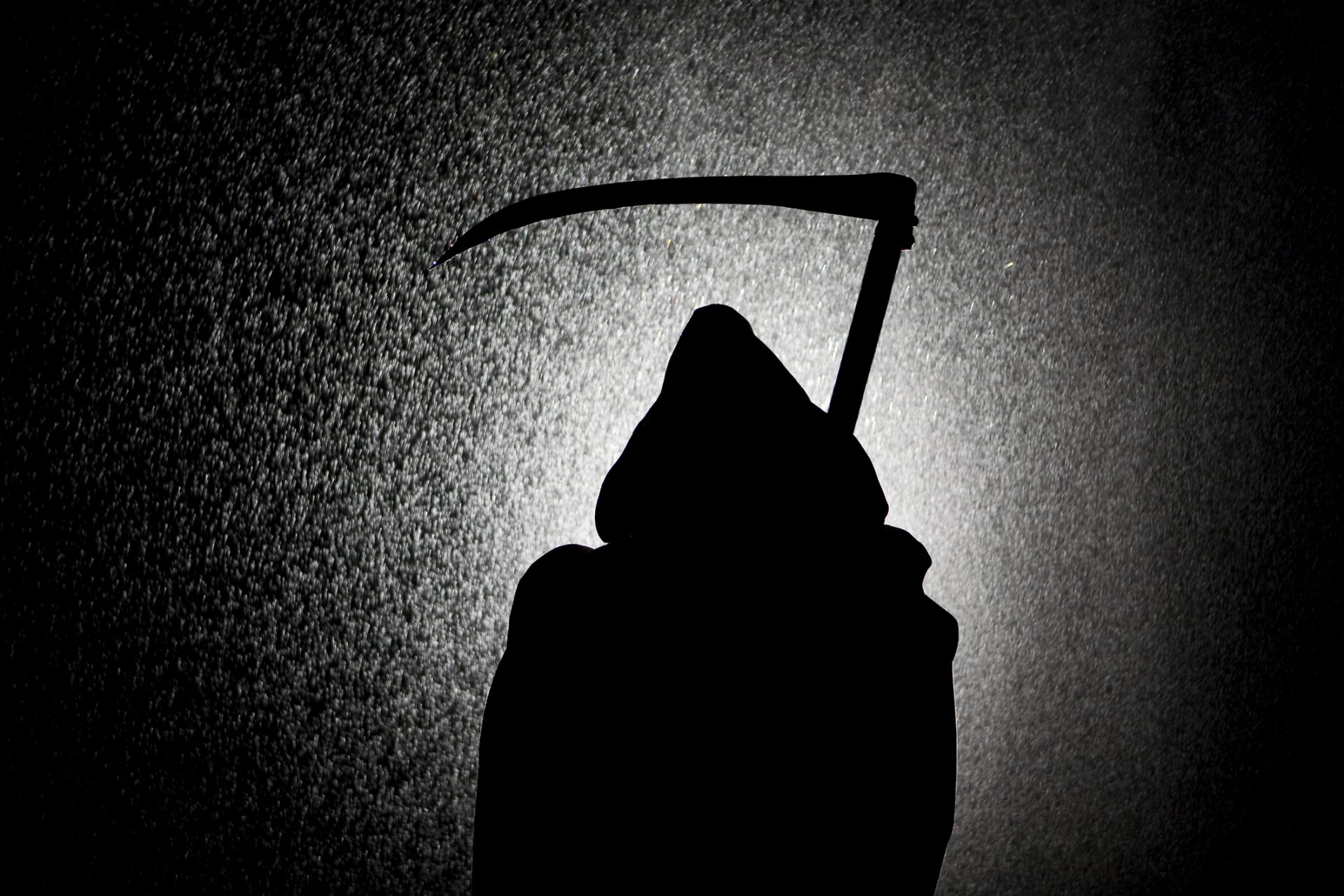Social isolation in adulthood is a lot more dangerous than you think
Social isolation and loneliness have become the drivers of major health problems in the modern world and new data has linked the issues to having an older estimated brain.
The Centers for Disease Control and Prevention describes social isolation as the lack of relationships in one’s personal life as well as little to no proper social support or contact.
Loneliness was defined as a lack of connection with other people and is often described as feeling as if a person doesn’t have meaningful relationships with those around them.
Previous research has linked both conditions to increased risks for anxiety, depression, stroke, dementia, addiction, heart disease, type 2 diabetes, and early death in some.
It was with all of this in mind that a group of researchers in New Zealand wanted to look at the potential effects social isolation and loneliness were having on the human brain.
“I am interested in the social determinants of health and well-being which include social isolation or the lack of social contact,” study author Roy Lay-Yee said PsyPost reported.
“Being socially connected is vital as it has effects which are embedded in the mind and body, with major consequences for our lives,” Lay-Yee continued.
In order to study how social isolation affected individuals and their brains, Lay-Yee used data from the Dunedin Multidisciplinary Health and Development Study—which PsyPost noted was a study following an age cohort born between April 1972 and March 1973.
That study included health assessments at multiple ages including between 5-11 all the way into adulthood at 26-38 and measured the brain health of all participants at 45.
The study also tracked data on social isolation among the participants and Lay-Yee and his fellow researchers grouped participants into four different categories based on their patterns of isolation levels between childhood and adulthood according to PsyPost.
These categories of isolation included never-isolated, child-only isolation, adult isolation, and persistent child-adult isolation—all of which are fairly self-explanatory.
Brain age was estimated by an algorithm which factored in magnetic resonance imaging (MRI) scans taken at the participant's health assessment at the age of 45. The algorithm then gave participants a “brain age gap estimate” based on their brain age and real age.
After controlling for socio-economic status and family factors, Lay-Yee and his research team found that the adult-only isolation group had a brain that was 1.73 years older than their real ages on average versus those who experienced no social isolation.
“The take-home message would be to maintain your social relationships which will give you better brain health and cognitive function—and other benefits—in the longer term,” Lay-Yee explained to PsyPost.
The researchers noted that those who experience childhood isolation did not carry that into their adult lives and did not find it associated with older brain health in adulthood.
“We were surprised to find that social isolation experienced in childhood did not seem to have a lasting adverse effect on brain age,” Lay-Yee said. “This suggests that it is never too late to improve a person’s social relations.”
Unfortunately, the study was not able to provide conclusive results according to PsyPost and Lay-Yee explained that further research was needed in order to establish if social isolation was indeed leading to older brian age and the mechanism behind it.
More for you
Top Stories



